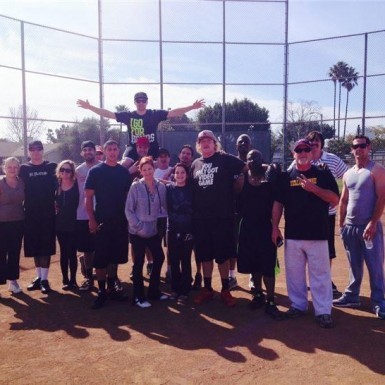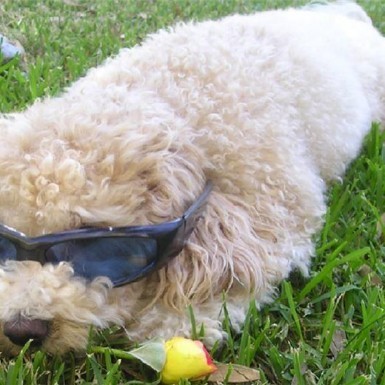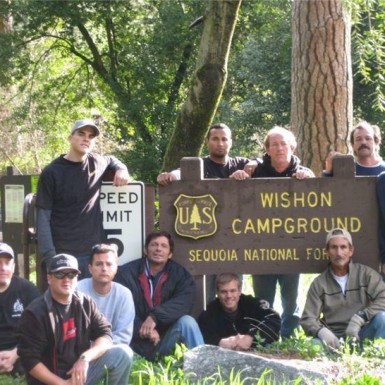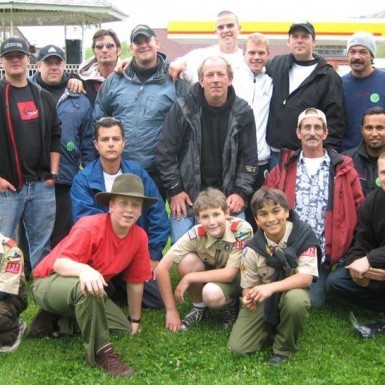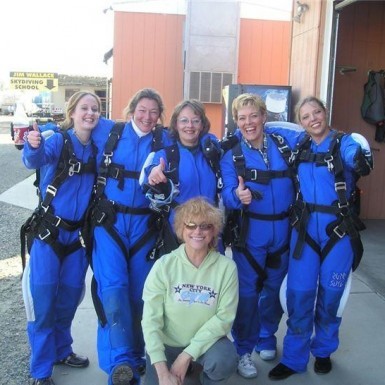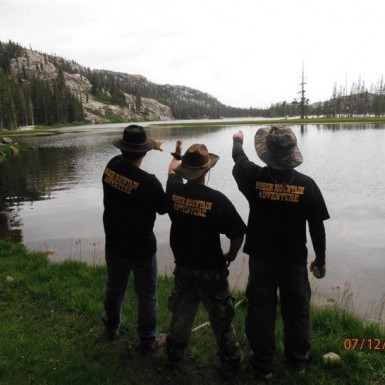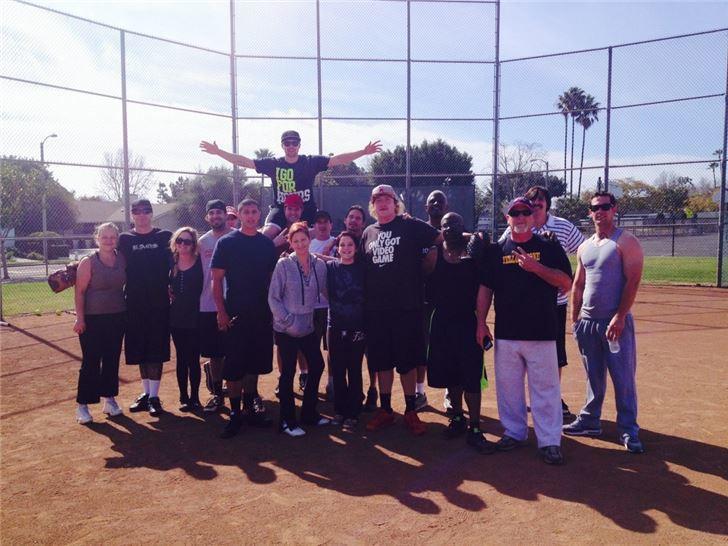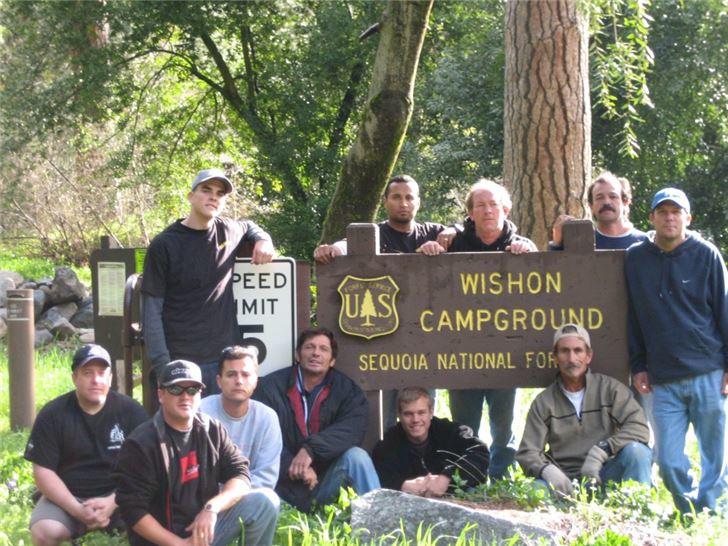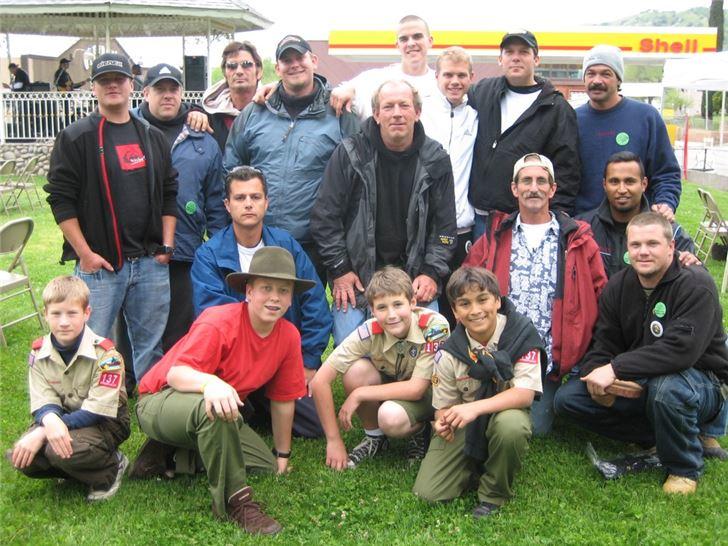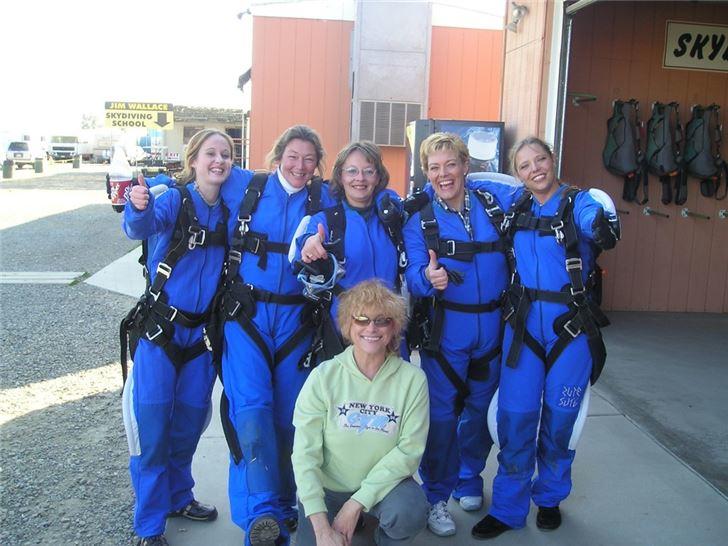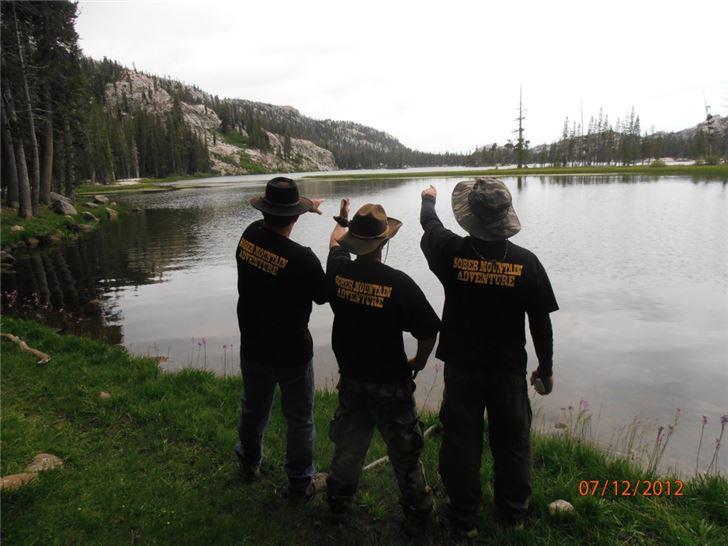Experiential Therapy
Throughout the rehab and recovery process, people often find themselves wrestling with complicated thoughts, emotions, and behaviors. To help them succeed, addiction treatment specialists use a combination of medical care, talk therapy sessions, and skill-building.
When we think about treatment, we tend to think of things like 12-step programs and cognitive behavioral therapy. These are powerful methods that consistently get results, but there’s another method that can be extremely valuable: experiential therapy.
What Is Experiential Therapy?

Experiential therapy is, as its name suggests, focused on experiences. These experiences can explore difficult topics, stimulate personal growth, improve skills, calm anxiety, and even just be fun. It opens a door for the clients to become more aware of their emotions and needs.
At an experiential rehab center, clients examine personal relationships and discover for themselves how those relationships affect current behaviors. In the case of drug or alcohol addiction, this can help them identify the negative emotions that trigger addictive behaviors.
Experiential therapy describes a variety of practices, such as:
-
- Animal-assisted therapy: Involves interaction with animals. This might be spending time with a therapy dog or caring for a horse in equine therapy.
- Music therapy: Involves musical activities, such as playing instruments, singing, moving/dancing, or simply listening to music.
- Art therapy: Involves artistic activities, such as drawing, brush painting, finger painting, collage, or clay sculpting.
- Nature/wilderness therapy: Involves outdoor experiences, such as hiking, bushcraft education, or quietly spending time in nature.
- Other: There are many other methods that can be considered experiential therapy. Clients may use props and role playing to act out feelings, past experiences, etc. Sports and fitness activities like yoga or softball can also be used as experiential therapy.
No matter the methods used in a given type of experiential therapy, it’s always geared toward the individual’s therapeutic goals. The nature of the therapy plan and activities will vary depending on what the person is working on.
Experiential Therapy Has Numerous Benefits

It’s easy to imagine how experiential drug rehab could positively impact a person’s mood and progress, and experts agree. According to researchers and other addiction treatment professionals, experiential therapy can lead to benefits like the following1,2,3,4:
- Increased empathy
- Greater self esteem
- Better problem solving
- Improved communication
- Improved trust in others
- Reduced denial and resistance
- Better ability to express feelings
- Reduced depression/anxiety
- Stronger client-therapist relationship
- Stronger sense of purpose
Achieve Lasting Recovery Through Experiential Therapy in Orange County, CA
At Yellowstone Recovery in Southern California, we use experiential therapy to support clients’ goals and provide activities to enjoy during downtime. When recovering individuals are engaged in hands-on activities, they have the opportunity to work out issues in their own way and take an active role in their recovery. Perhaps most importantly, it’s fun—no substances required!
To learn more about experiential alcohol rehab and drug rehab at Yellowstone, contact us online or call (888) 418-4188.
Sources:
- https://pubmed.ncbi.nlm.nih.gov/20873699/
- https://eric.ed.gov/?id=EJ376769
- https://books.google.com/books?id=8u660wHRXMkC&printsec=frontcover&source=gbs_ViewAPI#v=onepage&q&f=false
- https://www.tandfonline.com/doi/abs/10.2752/175303709X434167
Request More Information
Start your recovery today.
Our Solution
- Treatment Options
- Program Curriculum
- Program Services
Why Choose Yellowstone?
Low Cost Pricing
Financing Available
PPO Insurance Accepted
Provide Complete
Continuum of Care
